Daniel Henryk Rasolt is an independent researcher and writer, and the founder of Unbounded World, an initiative that takes an integrated approach to environmental and cultural preservation. He holds a degree in astrophysics and works in diverse disciplines related to energy, the environment, health and traditional cultures. His interdisciplinary and intercultural approach has a basis in complex systems science.
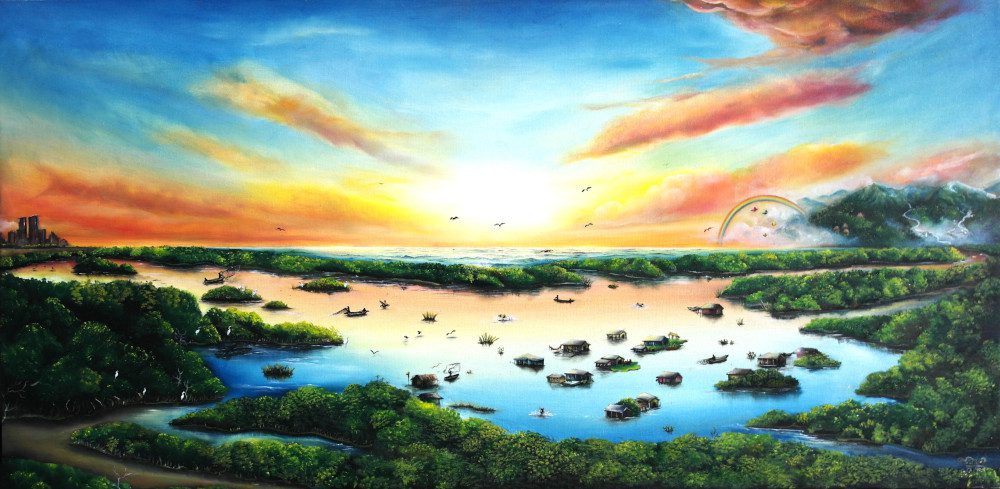 Ciénaga Grande de Santa Marta: Reversing a Century of Colombian Tragedy
Ciénaga Grande de Santa Marta: Reversing a Century of Colombian Tragedy
Can science and tradition heal the world's most productive estuarine ecosystem?
When I visited the floating palafito fishing village of Nueva Venecia in early 2021, I found myself staring out across the calm, reflective expanse of the coastal lagoon complex known as the Ciénaga Grande de Santa Marta. Looking back at that moment, I understand why Ernesto Mancera has spent the past 35 years studying the region’s mangroves […]
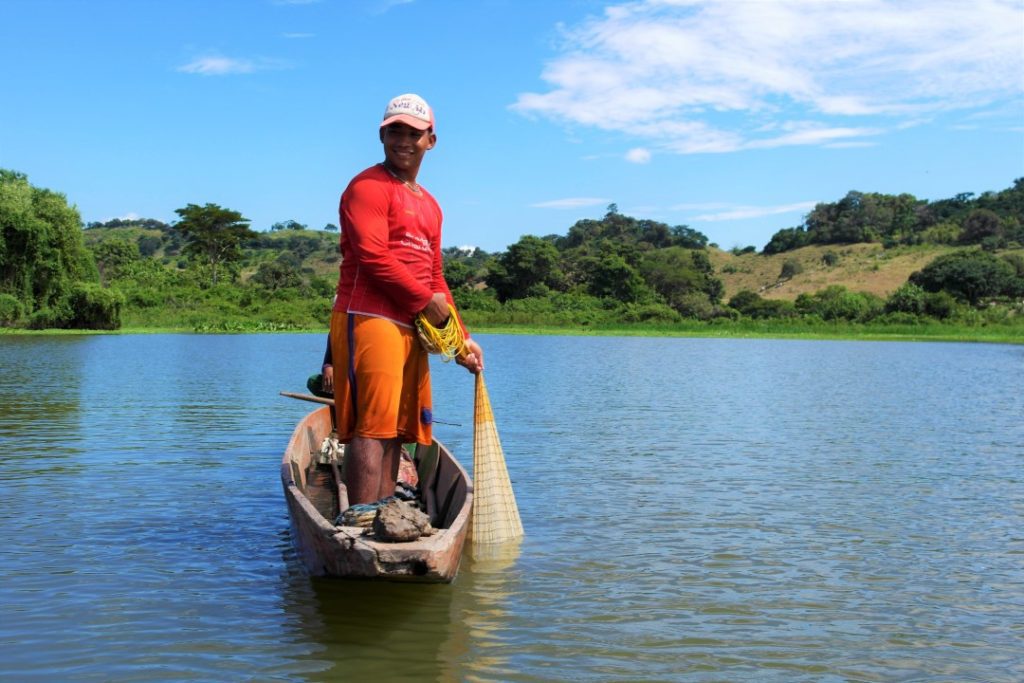 Traditional fishers defend Colombia’s largest wetland ecosystem
Traditional fishers defend Colombia’s largest wetland ecosystem
Protecting the vital Mompós Depression Wetlands and its traditional fishing communities
In November, a group of traditional fishers met on the banks of the Cascaloa Ciénaga. Nilton Chacon, a leader of a local association of artisanal fishers, stood to speak.
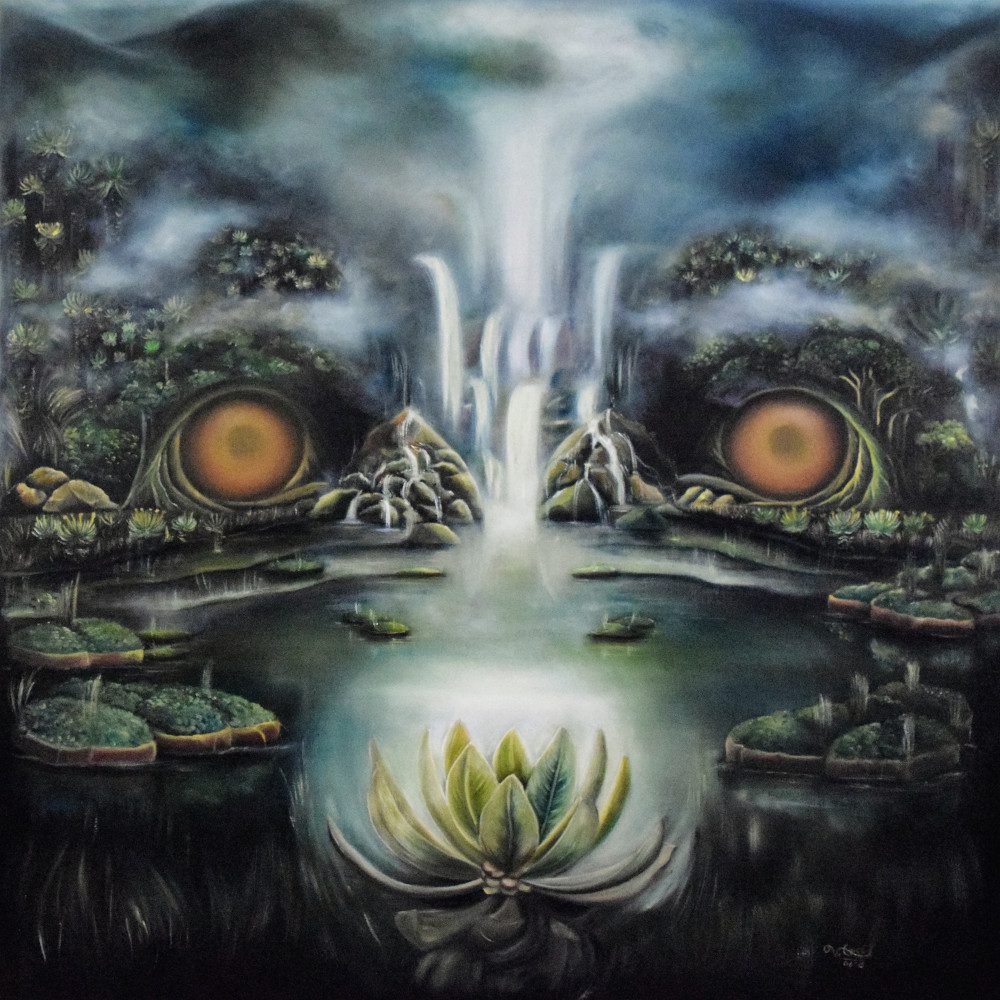 Protecting the páramos in Colombia
Protecting the páramos in Colombia
Biodiversity hotspots face interconnected threats
On a recent, pre-pandemic journey to the High Andes of Colombia, I found myself surrounded by one of the region’s emblematic species, the flowering shrubs known locally as frailejones or “big monks.” These giant plants, relatives of sunflowers from the Espeletia genus, mesmerized me, their yellow buds and silvery hairs glistening in the intense, ephemeral sunlight. Looking out over […]
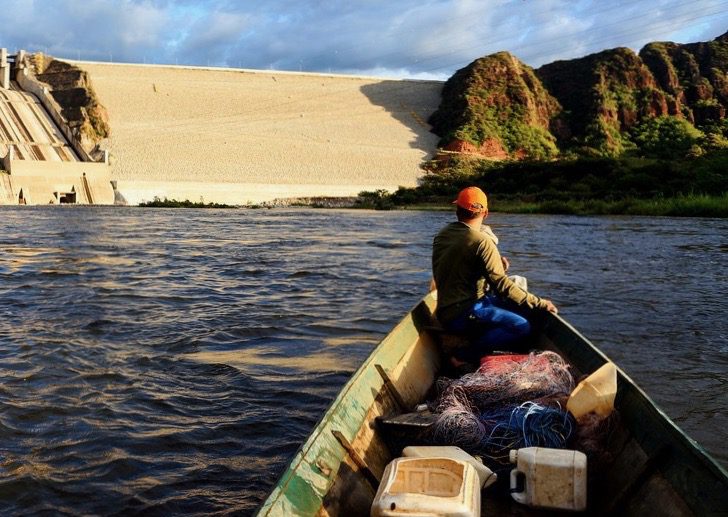 Turning the Tide on Megadams
Turning the Tide on Megadams
Colombian activists and scientists boost resistance to large-scale hydropower by showing their destructive impacts
Miller Dussán is one of those rare people who can just as comfortably traverse the traditional fishing villages and small farms of the countryside as he can the halls of research and policy-making institutions. In Colombia, a dynamic, water-rich country that is highly dependent on increasingly controversial hydropower, Dussán plays a vital role in these two spaces. In […]
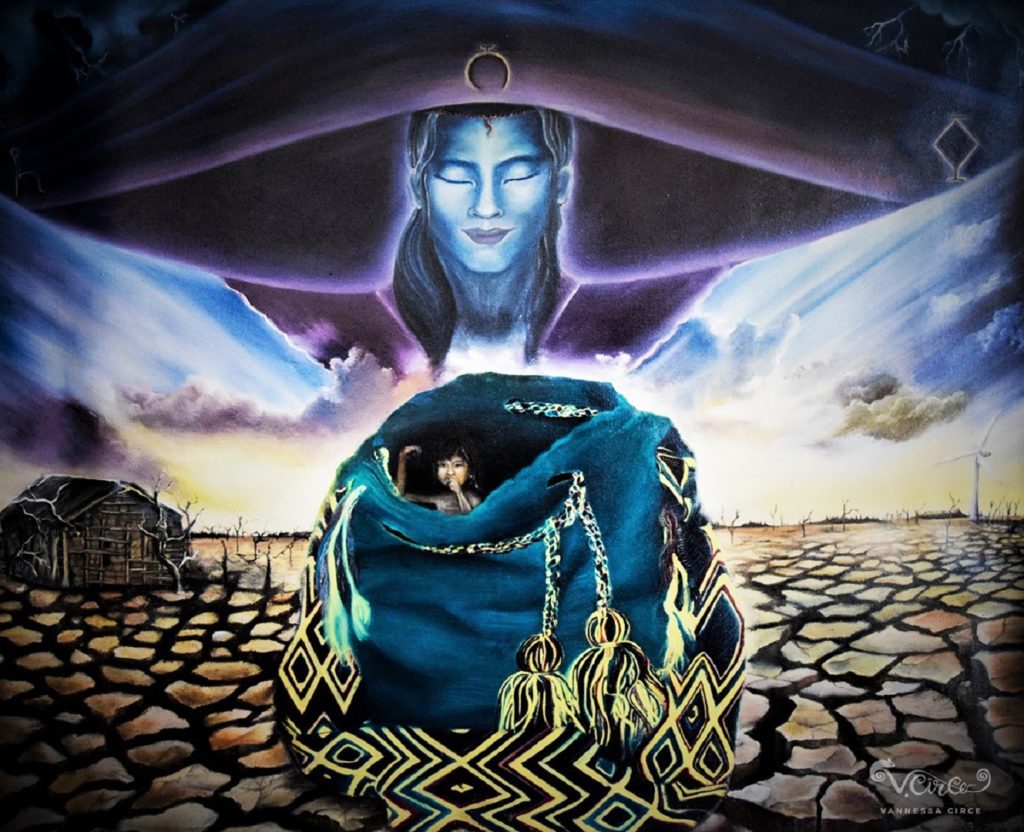 Colombia's resilient Wayuu resist global and local threats
Colombia's resilient Wayuu resist global and local threats
Colombia's largest Indigenous ethnic group preserves vibrant traditions in the face of a potentially desolate future
La Guajira is a dry and windy peninsular desert region between Northeast Colombia and Northwest Venezuela. The striking landscape has been harsh and borderline uninhabitable for many thousands of years. The southernmost parts of the peninsula border the slopes of the Sierra Nevada de Santa Marta mountain range, where the principal waterway of La Guajira is born, […]
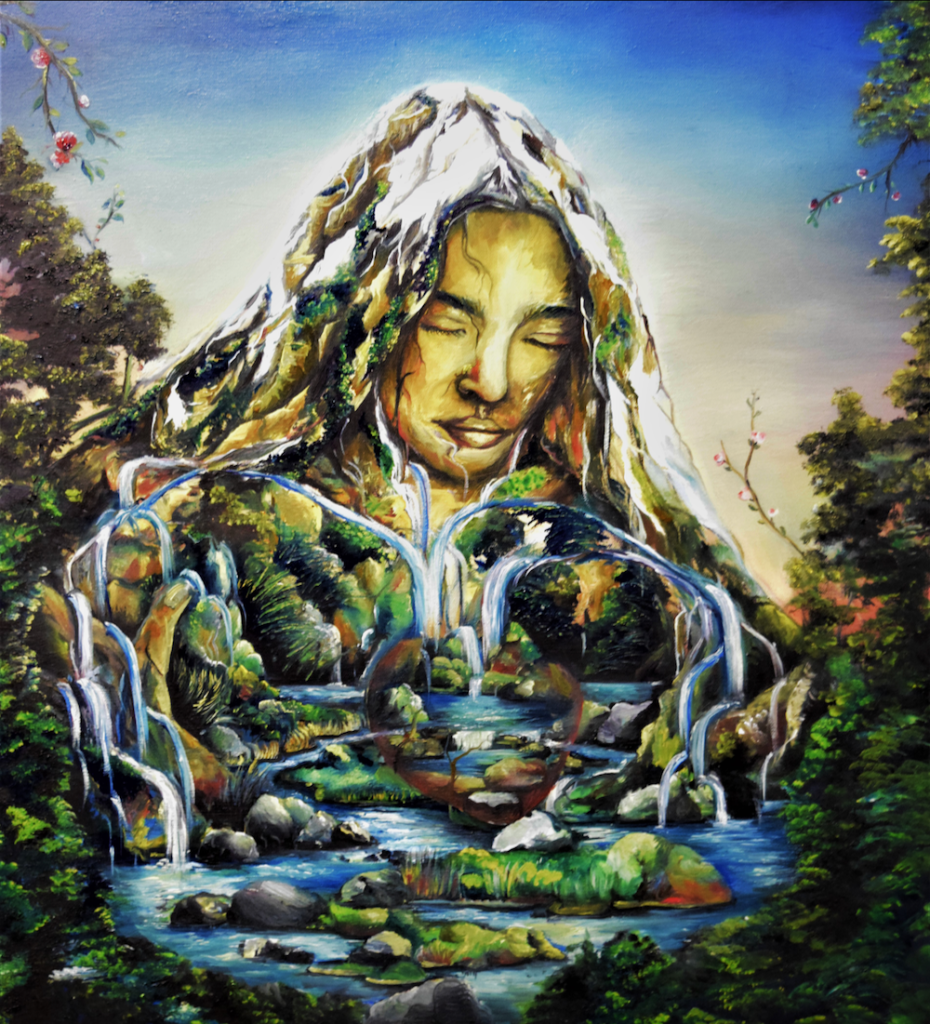 Caring for Colombia's Dynamic Rivers
Caring for Colombia's Dynamic Rivers
Indigenous Perspectives, Integrated Science and the Rights of Nature
From the emblematic Magdalena River, which begins high in the Andes as a Sacred Source and descends into the industrial valleys to a overused and contaminated course, to the groundbreaking case of the Atrato River, which gained international attention in 2017 when it was granted the rights of personhood under Colombia’s Rights of Nature law, Colombia’s rivers have much to teach us.
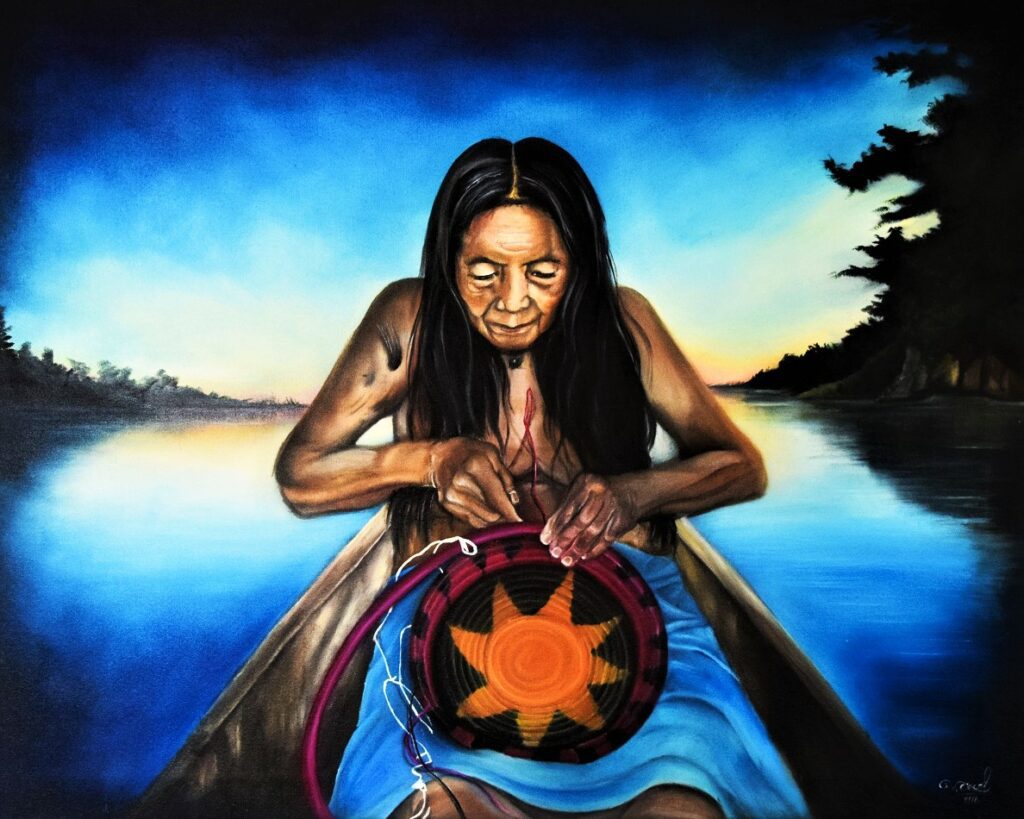 The Rights of a River
The Rights of a River
How Rights of Nature victories in Colombia’s rivers can inform shared knowledge systems globally
Colombia, with its biological, cultural and hydrological richness, has become a trailblazer in legally formalizing Rights of Nature, beginning with the 2017 Judgement of the Atrato River, but to what end?
 Pandemic and Power on Native Lands
Pandemic and Power on Native Lands
Self-Imposed Isolation of Indigenous Communities Due to COVID-19 Reinforces the Need for Clean Off-Grid Energy Sources
Strengthening the socio-ecological systems of Indigenous communities is an urgent priority for achieving global “sustainable development” and environmental goals. For Indigenous people to remain resilient stewards of ecosystems and culture in the face of anticipated threats like climate change and territorial exploitation, however, as well as unanticipated threats like the COVID-19 pandemic that induced present […]
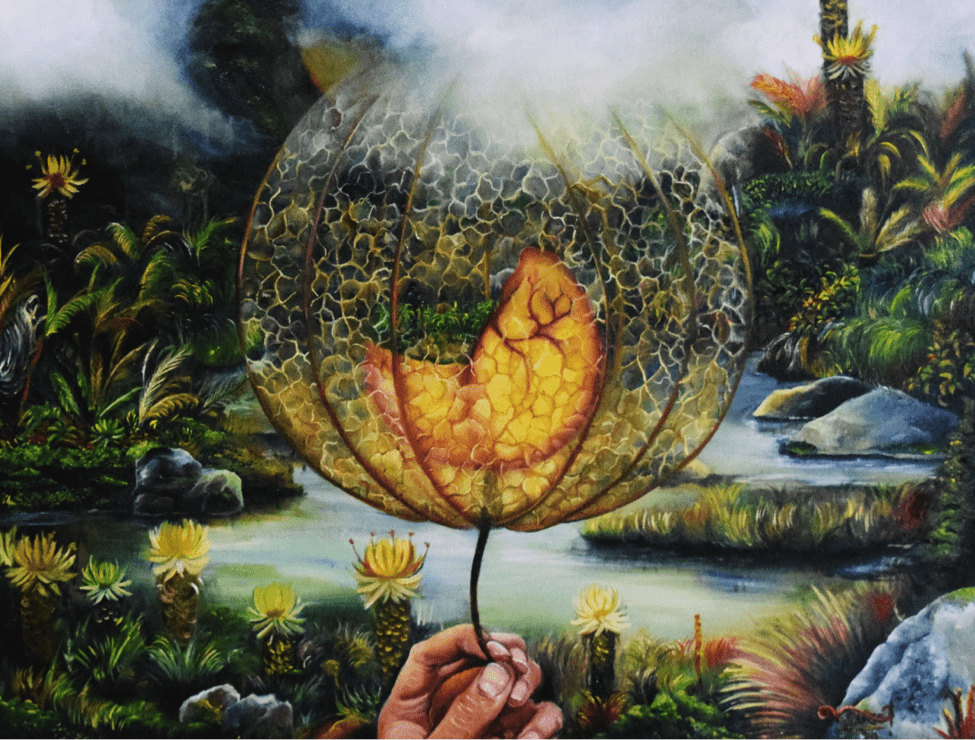 A Natural Alliance: Science + Indigenous Wisdom
A Natural Alliance: Science + Indigenous Wisdom
The powerful alliance between integrated science and traditional food systems
The longest running successful experiments in sustainable human land use are found within the collectively held lands of traditional communities, who have lived for generations in balance with the ecosystems of their ancestral territories. Looking to Indigenous socio-ecological systems, traditional knowledge, and integrated interpretations of what “nature” is and how to live in balance with the natural […]
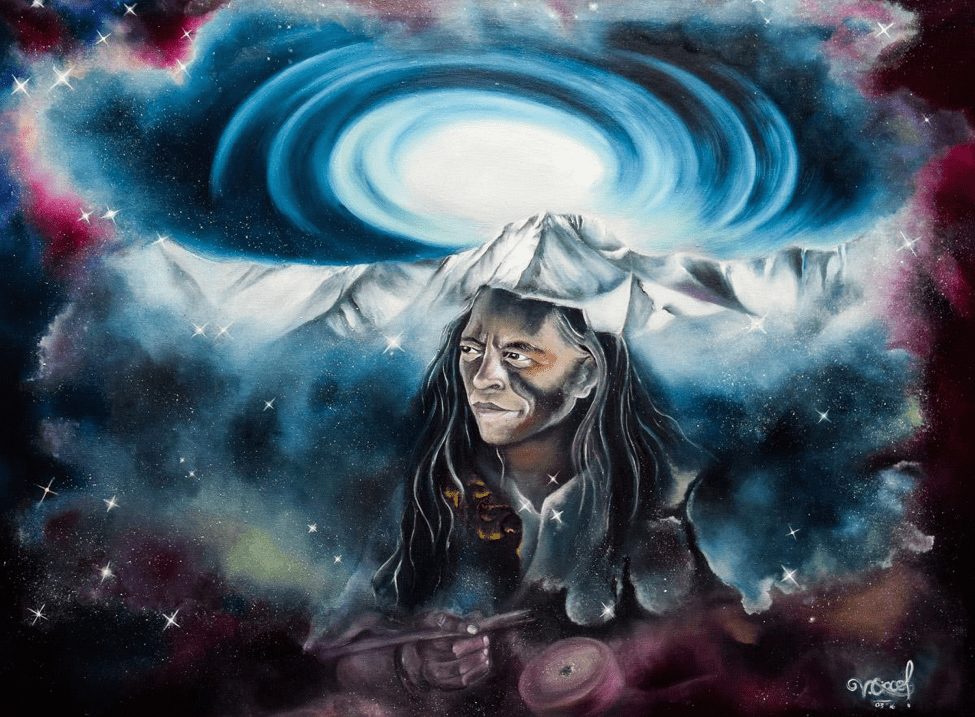 "An opportunity to reconnect with our origins"
"An opportunity to reconnect with our origins"
Indigenous leaders in Colombia reflect on silver lining of Covid-19
Due to the novel coronavirus pandemic, many Indigenous people have returned to their ancestral territories. These vulnerable communities are now isolating themselves in efforts to block the entrance of this highly infectious respiratory disease.
Previous page Next page